Diversity, Equity, and Inclusion
Trainee
Addressing Misinformation & Building Competency for Gender Diverse Patient Care
-
.jpg)
Zachary Pettigrew, MD (he/him/his)
Clinical Assistant Professor of Pediatrics
Cone Health
Greensboro, North Carolina, United States -
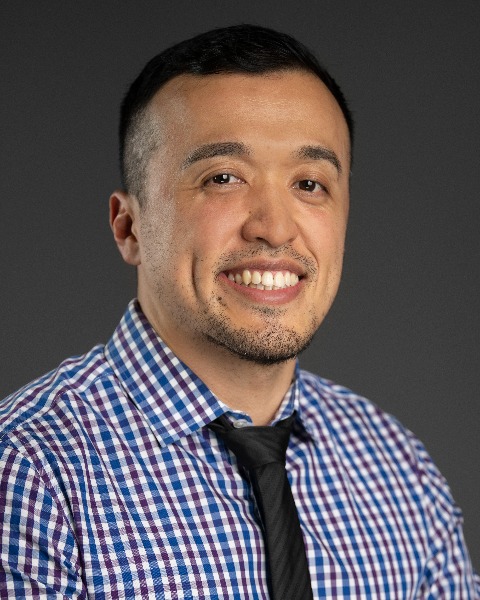
Ian Chua, MD, MHPE, MBA (he/him/his)
Clinical Associate Professor of Pediatrics
Stanford Medicine Children's Health / Children's National Health DC
Washington, District of Columbia, United States -
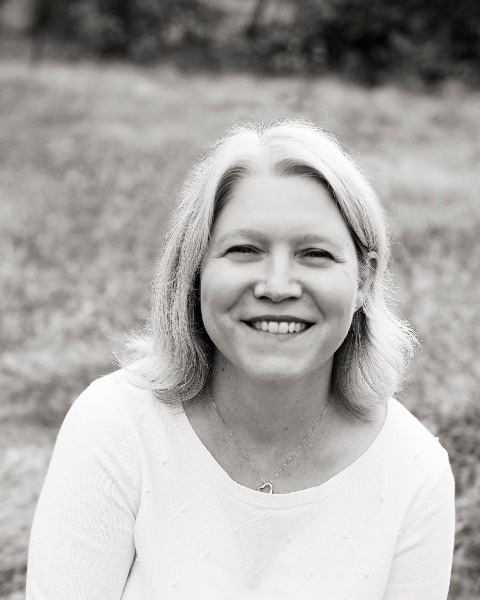
Heather McKnight, MD (she/her/hers)
Pediatric Hospital Medicine Professor
Pediatrics
UC Davis
Sacramento, California, United States -
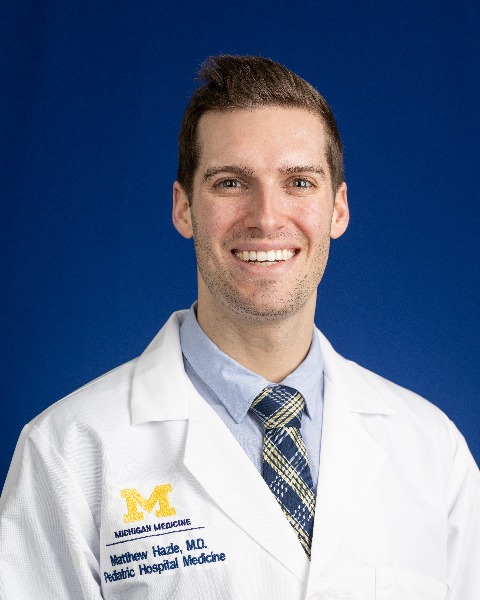
Matthew Hazle, MD (he/him/his)
Physician Fellow
C.S. Mott Children's Hospital
Ann Arbor, Michigan, United States -
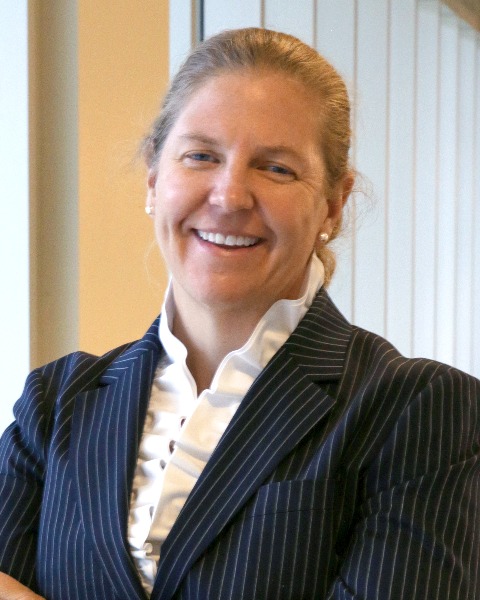
Ansley Miller, MD (she/her/hers)
Pediatric Hospitalist, Pediatric Medical Director
Mission Hospital
Asheville, North Carolina, United States -
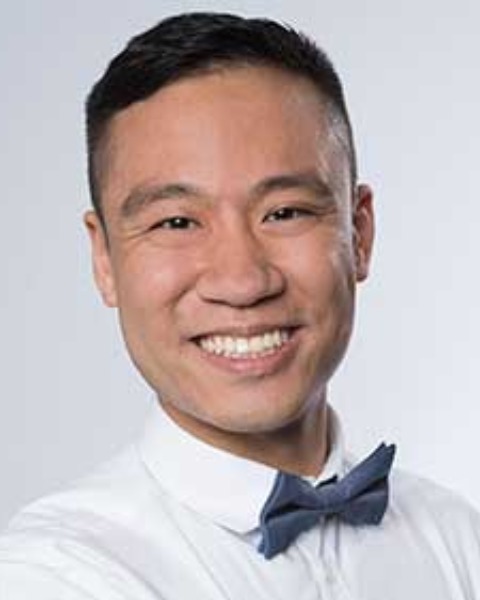
Kevin Chi, MD (he/him/his)
Clinical Associate Professor
Stanford University
Sunnyvale, California, United States
Leader(s)
Co-Leader(s)
Workshop
Description: LGBTQIA+ healthcare is rapidly gaining more attention as political and social climates change. Though historically LGBTQIA diversity has not typically been at the forefront when speaking of diversity, equity and inclusion (DEI), this is changing, with new legislation in the US and countries worldwide altering how the healthcare system interacts with sexual and gender minority (SGM) youth. By empowering more individuals with awareness and facts, we may build more allies to dismantle misinformation and fear around gender diverse issues in clinical care and policy. This workshop highlights basic language, core definitions, and central issues that need to be understood in order to create safer and more compassionate clinical care SGM youth.
Facilitators will begin the session guiding participants in the construction of a misinformation wall and confusion based on public perception and social media. We will then introduce attendees to the most pertinent health care disparities faced by the SGM community focusing on challenges faced during clinical care. Through video presentations of real-life anecdotes and guided discussions, facilitators will highlight common mistakes in patient care encounters and introduce a novel framework (grounded in affirming practices from SGM literature) for course-correction during misgendered moments, providing a tool that can be implemented in attendees’ daily encounters. Following this, they will apply this framework to clinical case scenarios. By the end of the workshop, facilitators will help participants build plans to immediately apply self-reflections from the workshop and transform them into action for targeted gaps in their clinical care and clinical environments.
Learning Objectives:
- Summarize key terms, concepts, healthcare disparities, and misinformation trends pertinent to sexual and gender minorities
- Practice recommended methods of correction when facing misgendering or other mishandled clinical encounters with gender diverse patients
- Create an improvement plan to incorporate affirming practices into one's professional practice
